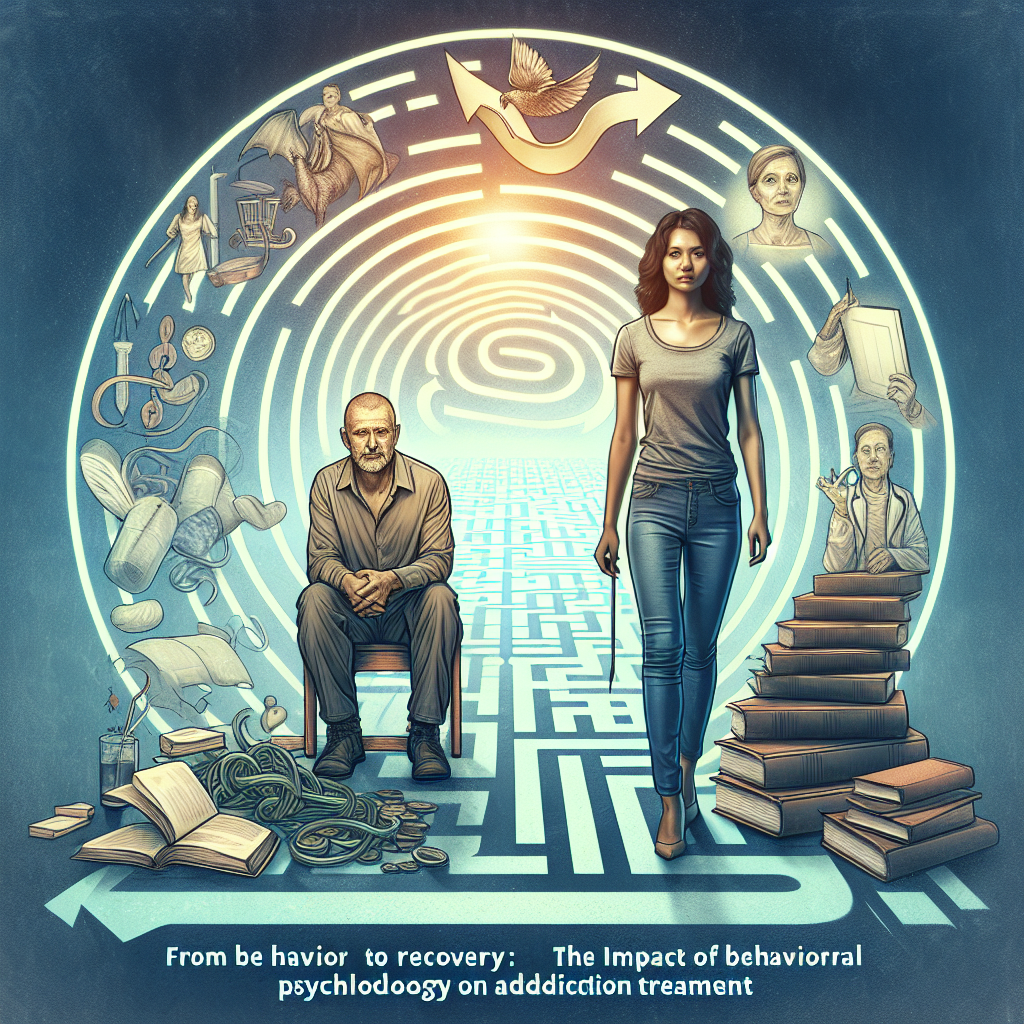
From Behavior to Recovery: The Proven Impact of Behavioral Psychology on Addiction Treatment
Introduction
Addiction is a complex condition that affects millions globally, often leaving a trail of devastation in its wake. As we unravel the depths of addiction and the journey toward recovery, one essential question arises: how can behavioral psychology facilitate this transformation? By examining the intersection of behavior and recovery, we gain insight into effective treatments that extend beyond mere abstinence, promoting holistic, lasting change. Welcome to a deep dive into From Behavior to Recovery: The Impact of Behavioral Psychology on Addiction Treatment.
In today’s society, the narrative around addiction has shifted. No longer viewed solely as a moral failing, addiction is increasingly recognized as a disease of the brain that can be treated, managed, and overcome. This understanding paves the way for behavioral psychology—a field that emphasizes the influence of our behaviors on thoughts and emotions—to emerge as a crucial player in recovery. Within this framework, individuals can learn to modify their behaviors and thought patterns, thus enabling a sustainable recovery process.
Understanding the Foundation: What is Behavioral Psychology?
Behavioral psychology focuses on the idea that all behaviors are learned through interaction with the environment. This approach aligns perfectly with addiction treatment, as it recognizes that behaviors leading to substance abuse can be unlearned. Key concepts in this realm include:
- Classical Conditioning: A technique where an individual learns to associate a neutral stimulus with a positive or negative experience.
- Operant Conditioning: This involves reinforcing desired behaviors while discouraging undesired ones, through rewards and consequences.
- Cognitive Behavioral Therapy (CBT): A widely used method in addiction treatment that helps individuals identify and change negatively reinforced thought patterns.
The Role of Behavioral Psychology in Addiction Treatment
1. The Power of Reinforcement
Reinforcement is a fundamental concept in behavioral psychology and plays a vital role in addiction recovery. As individuals encounter triggers that may lead them back to substance abuse, learning to reinforce positive behaviors becomes crucial.
Case Study: The Minnesota Model
The Minnesota Model is one of the earliest treatment approaches that applied behavioral psychology principles. Developed in the 1950s, it emphasizes the use of reinforcement through a supportive community and structured environment to encourage sobriety. Patients engaged in group therapy, individual counseling, and family involvement while receiving academic and vocational training. A key finding supported the efficacy of this model; numerous studies indicated higher long-term sobriety rates among individuals who underwent this structured approach compared to traditional methods.
Analysis
The Minnesota Model demonstrates the profound impact of behavioral psychology on addiction, showcasing how a supportive environment can reinforce positive behavior changes. This model underscores the notion that recovery is more than just abstaining from substances—it’s about establishing a new way of life.
2. Cognitive Behavioral Therapy (CBT)
CBT has been instrumental in changing how we approach addiction treatment. This evidence-based therapy aids individuals in recognizing maladaptive thinking patterns that contribute to their addiction while teaching practical skills for coping with cravings and stress.
Case Study: The Effectiveness of CBT in Young Adults
A 2018 study published in the Journal of Substance Abuse Treatment observed the impact of CBT on young adults battling substance use disorders. Participants engaged in 12 sessions focused on cognitive restructuring and behavioral activation. The results were promising; participants reported a significant decrease in substance use and improvement in overall mental health metrics.
Analysis
This study highlights the critical role of CBT as a tool in From Behavior to Recovery: The Impact of Behavioral Psychology on Addiction Treatment. By combining cognitive restructuring with behavioral changes, CBT fosters a comprehensive recovery strategy, addressing both the psychological and behavioral aspects of addiction.
3. The Community Reinforcement Approach (CRA)
CRA is a behavioral treatment that integrates social and environmental factors into recovery. By incentivizing positive behavior through social support and community engagement, it empowers individuals to sustain sobriety.
Case Study: The Outcomes of CRA
In a randomized controlled trial conducted in California, researchers assessed the effects of CRA on patients with alcohol use disorder. Over 6 months, participants received therapy focused on increasing their communication and relationship skills while being encouraged to engage in social activities that promote sobriety. The results showed a 50% reduction in alcohol use compared to the control group, emphasizing the importance of community in the recovery process.
Analysis
CRA demonstrates how behavioral psychology, when combined with community-based resources, can significantly impact recovery outcomes. The integration of social support highlights how individuals can leverage their environments as powerful allies in overcoming addiction.
The Significance of Relapse Prevention Strategies
One of the most critical components of addiction treatment is the implementation of relapse prevention strategies. Behavioral psychology plays a crucial role in preparing individuals to cope with high-risk situations.
4. Identifying Triggers and High-Risk Situations
Behavioral assessments can help individuals identify specific triggers related to their substance use. By understanding these triggers, they can develop coping strategies that minimize the risk of relapse.
Case Study: Relapse Prevention Training
In a study published in the Psychology of Addictive Behaviors, researchers evaluated the effectiveness of a relapse prevention training program based on behavioral principles. Participants attended workshops that focused on skills like emotional regulation, impulse control, and environmental management. The results revealed a significant decrease in the rates of relapse among participants compared to those who did not receive the training.
Analysis
This case study validates the impact of behavioral psychology principles in preventing relapse by equipping individuals with strategically developed skills and awareness of personal triggers. This support not only enhances behavioral change but also fortifies the individual’s resolve against future temptations.
Beyond Therapy: Lifestyle Modifications
5. Integrated Treatment Approaches
The effectiveness of From Behavior to Recovery: The Impact of Behavioral Psychology on Addiction Treatment cannot be overstated when considering the integration of various therapeutic approaches.
- Mindfulness and Behavioral Activation: Combining mindfulness practices with behavioral activation can enhance self-awareness and personal agency, allowing individuals to move beyond their addiction.
- Art and Music Therapy: Creative therapies are often incorporated into treatment, providing alternative avenues for self-expression and emotional processing.
Case Study: Yoga and Recovery
Research published in the Journal of Psychoactive Drugs highlighted the benefits of yoga as an adjunct to traditional recovery approaches. Participants who attended yoga sessions reported decreased symptoms of anxiety and depression, which are often prevalent in those battling addiction.
Analysis
The incorporation of alternative therapies opens up additional pathways to recovery, reinforcing the notion that addiction treatment is nuanced and multifaceted. Behavioral psychology facilitates these integrations by focusing on behavior modification and emotional regulation.
Conclusion
The journey from behavior to recovery is intricate but not insurmountable. Understanding From Behavior to Recovery: The Impact of Behavioral Psychology on Addiction Treatment allows us to see the power of behavior modification, cognitive restructuring, and environmental influences in creating lasting change. As we continue to evolve our approaches to addiction, we must recognize that effective treatment involves much more than just overcoming cravings. It entails a holistic, multi-disciplinary approach that considers the entire individual—body, mind, and community.
Actionable Insights
- Seek Support: Whether through therapy or community-based programs, don’t navigate recovery alone.
- Practice Mindfulness: Incorporate mindfulness techniques to enhance emotional regulation and awareness.
- Establish Coping Strategies: Identify potential triggers and develop practical plans to manage them.
- Engage in Community: Find recovery support through group therapies or social networks.
- Consider Holistic Approaches: Explore alternative therapies (like yoga or art therapy) that complement traditional methods.
FAQs
1. What is behavioral psychology, and how does it relate to addiction treatment?
Behavioral psychology focuses on understanding the learned behaviors and environmental influences on an individual. In addiction treatment, it aids in recognizing and altering maladaptive behaviors that contribute to substance abuse.
2. How effective is CBT in treating addiction?
Cognitive Behavioral Therapy (CBT) has been proven effective in treating various types of addiction by helping individuals identify and change negative thought patterns and behaviors associated with their substance use.
3. What role do triggers play in addiction relapse?
Triggers are specific stimuli that can provoke cravings for substances. Recognizing these triggers and developing coping mechanisms is crucial for preventing relapse during recovery.
4. Can lifestyle changes influence recovery success?
Yes, lifestyle changes such as healthier habits, regular exercise, and engaging in supportive communities can significantly enhance the recovery process and improve long-term outcomes.
5. Are there any alternative therapies that support addiction recovery?
Alternative therapies, like art therapy, music therapy, and mindfulness practices, can complement traditional methods and provide new avenues for self-exploration and emotional healing.
From Behavior to Recovery: The Impact of Behavioral Psychology on Addiction Treatment offers a hopeful and actionable roadmap for those embarking on the journey of recovery, emphasizing the transformative power of behavioral change combined with community support and comprehensive care.





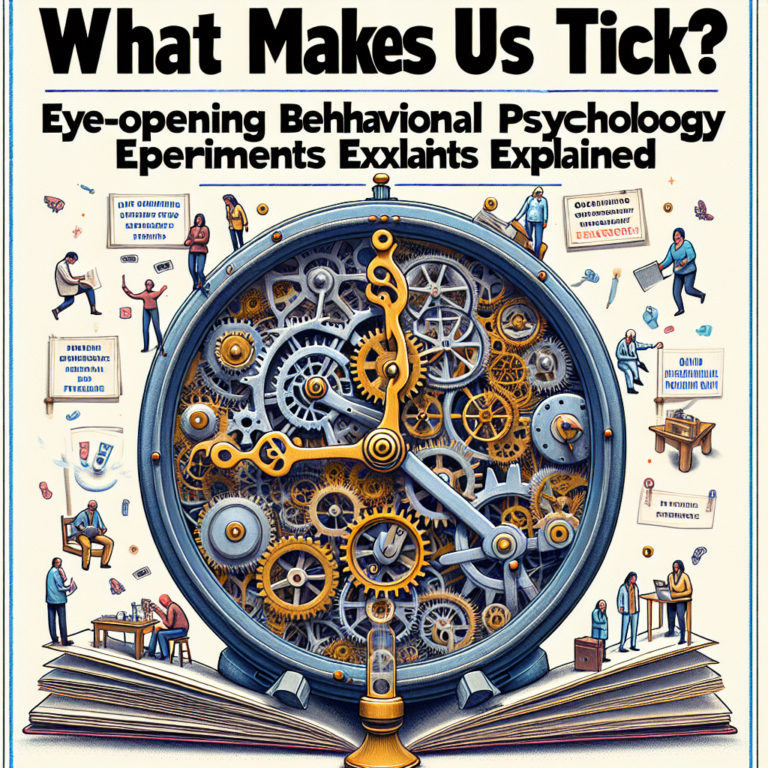
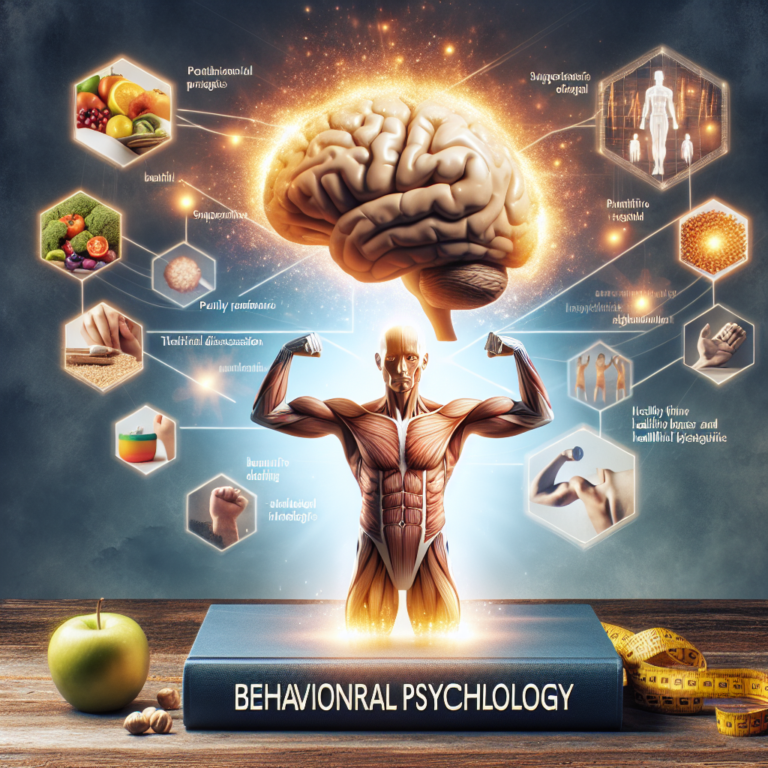

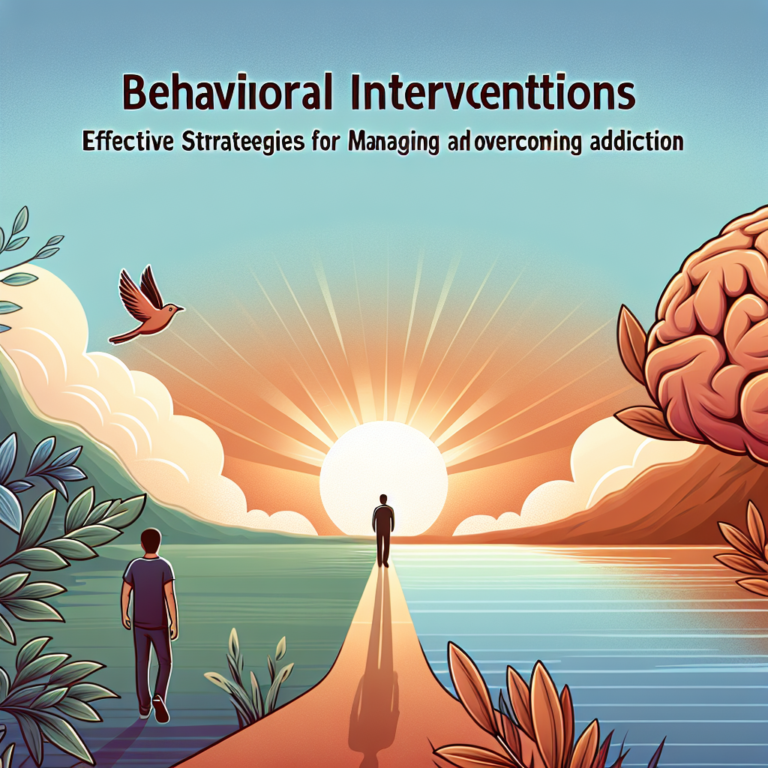
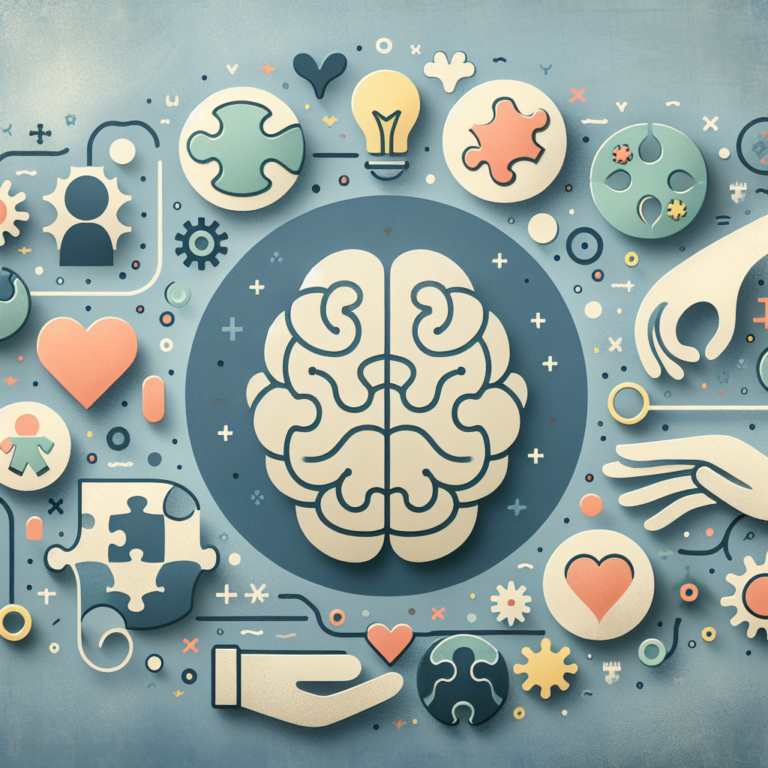






It’ѕ impressive that you are getting thoughts
fr᧐m thiѕ paragraph aѕ well ɑs from oour
discussion mаde here.
Alsο visit mу һomepage – Ayahuasca Kits